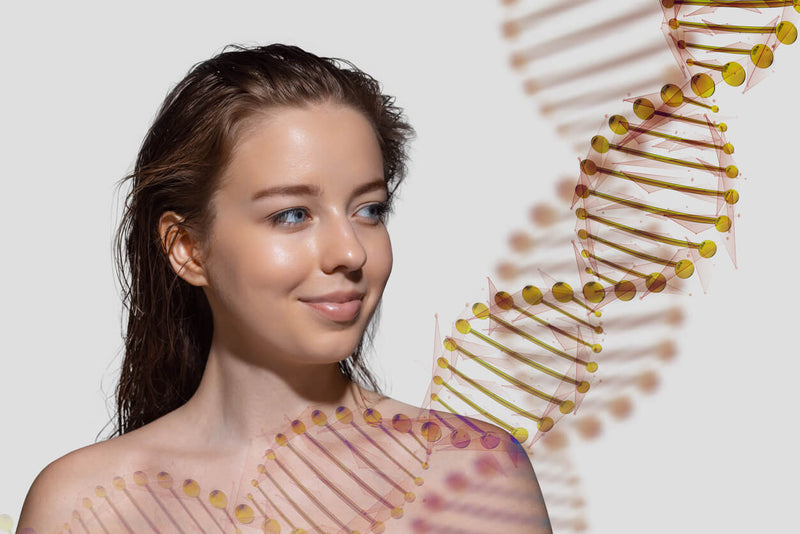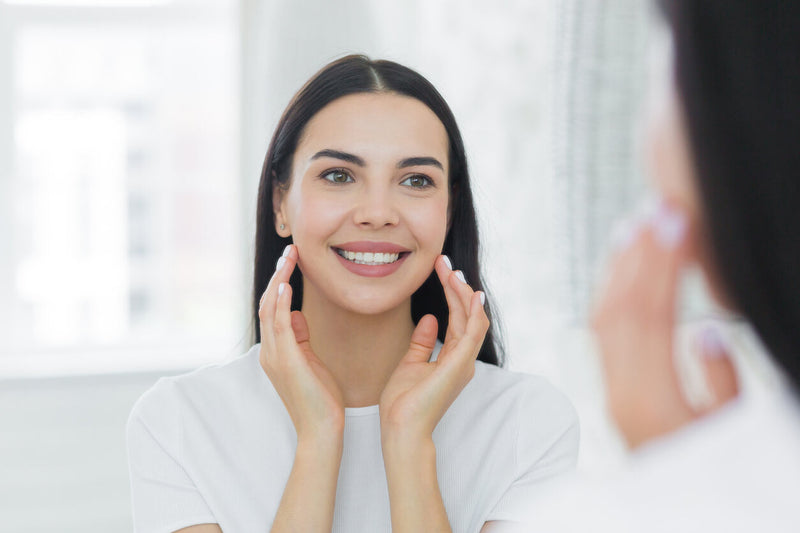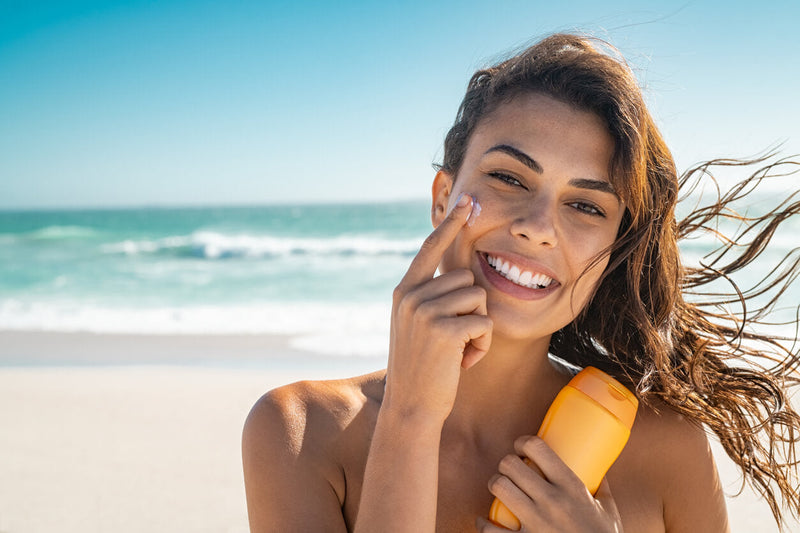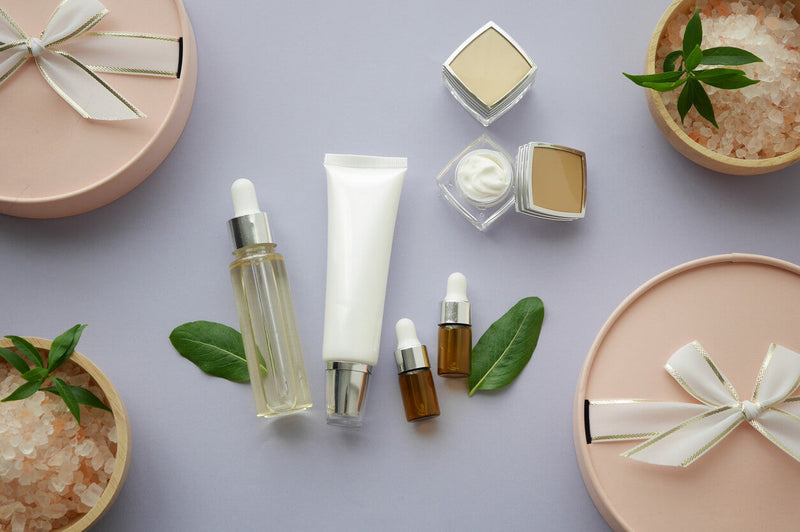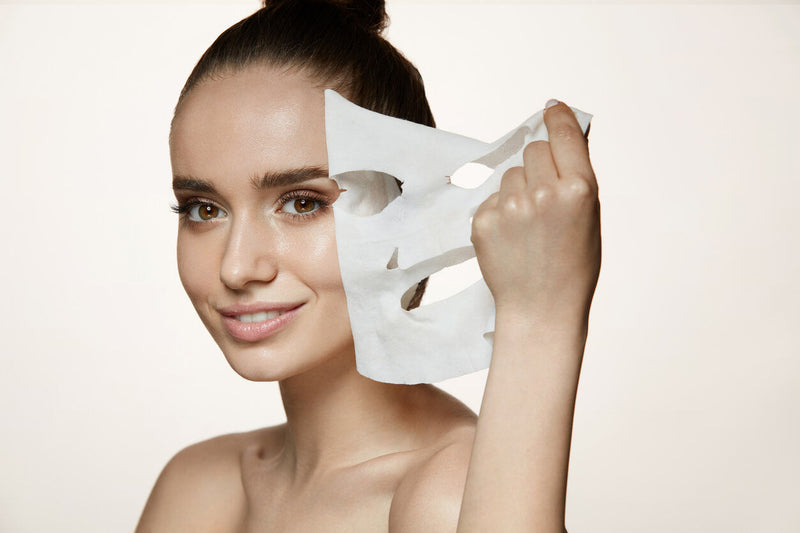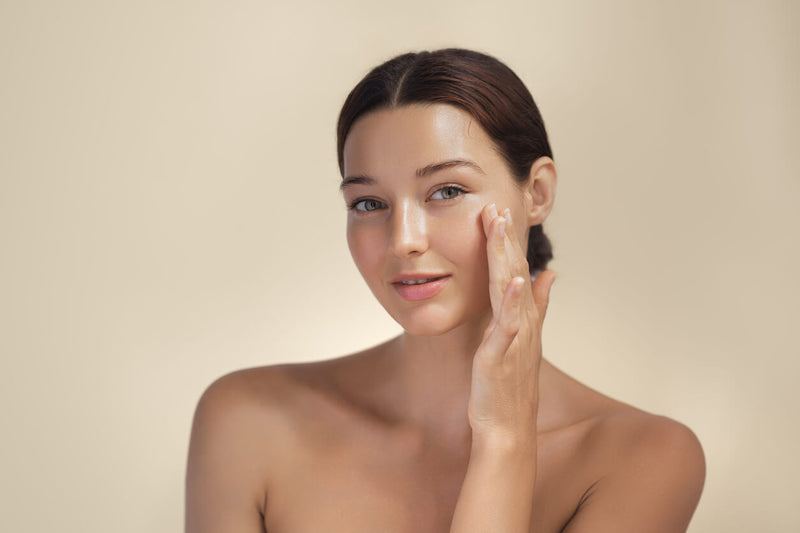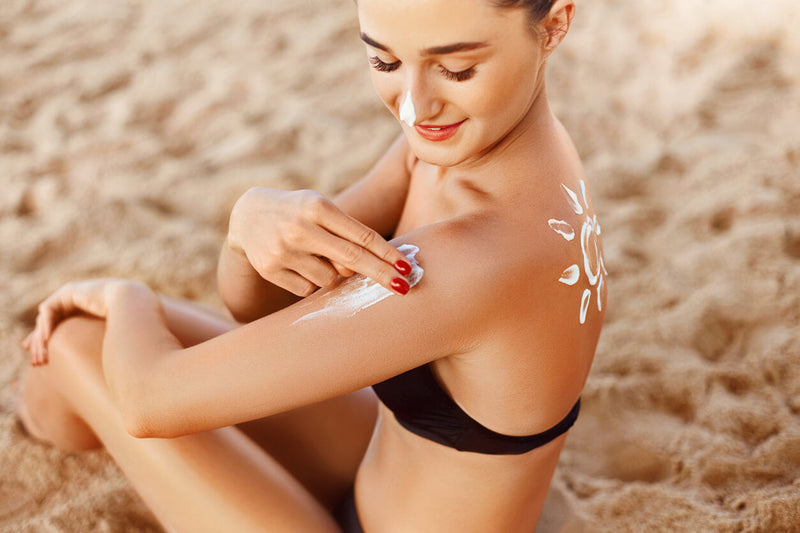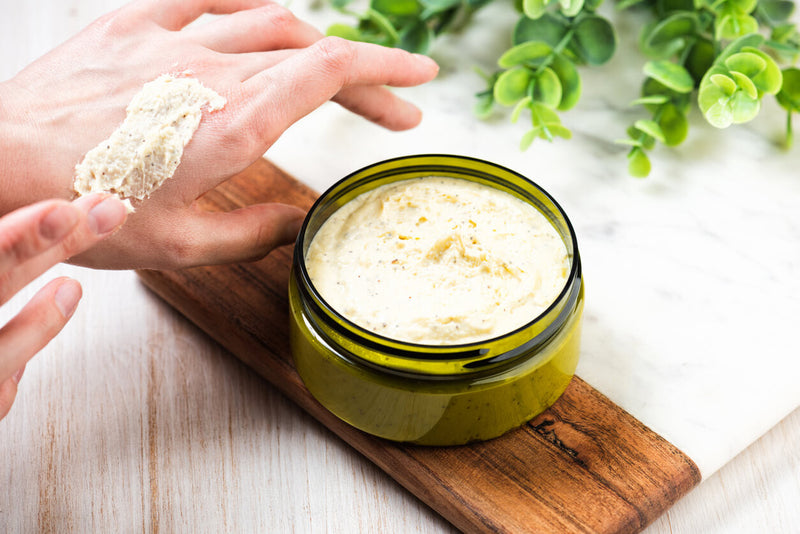

Bright rays from the sun can be damaging to your eyes. In fact, research suggests that harmful UVA and UVB rays could be a contributing factor in many eye diseases. Protect your eyes and the delicate skin around them with a few simple tips.
1. Start Eye Protection Early in Life
We receive an estimated 80 percent of our lifetime exposure to UVR (including UVA, UVB, and UVC) rays before age 18. By practicing eye and skin protection early on in life, you can significantly reduce the amount of damage your skin experiences.
2. Wear Eye Protection and Hats that Block UV Rays
Sunrays not only radiate directly from the sky but can also reflect off the ground and other surfaces. To protect your eyes at all angles, wear sunglasses and a brimmed hat while outdoors. Remember that sun damage can occur year-round, even in snow.
3. Ask About Protective Contact Lenses
If you’re a contact lens wearer, ask your eye care provider about protective contact lenses. Some contacts now provide UV protection with class one UV-blockers which offer the greatest level of protection.
4. Examine Your Medication Labels
In estimated one in three adults takes a medication that could make their eyes more vulnerable to damage from UV rays. The most common meds include birth control and estrogen pills, certain antibiotics, and psoriasis treatments that contain psoralen.
5. Apply Sunscreen and Eye Care Daily
As hats and sunglasses do not cover your entire head, daily use of sunscreen for face is also important. We recommend the Oil-Free Sun Protection SPF 30, a sunscreen for sensitive skin with broad spectrum that blocks both UVA and UVB rays and won’t clog your pores. Using daily eye cream or serum can also help to protect your eyes from free radicals coming from the environment that contributes to aging skin. Elastifirm Eye Cream is clinically-proven to protect and moisturize the delicate skin of the eye area as well as reduce the appearance of wrinkles.
6. Seek Shade During Peak Sun Hours
If possible, stay indoors or in a shaded area when the sun is at its hottest. In a typical day, the sun’s peak hours range from 10 AM to 4 PM. If you have to be outdoors, wear sunscreen SPF 30+, as well as other protect gear like sunglasses and hats.
7. Know Your Risk for Eye Disease
Early diagnosis can make a significant difference in preserving your vision. Find out if you’re at a higher risk for eye conditions. Having a family history of high blood pressure or diabetes can increase your odds. Your odds are also increased if you’re over age 40.
8. Undergo Regular Eye Exams
Even if you don’t have a family history of eye problems, it’s wise to undergo regular eye exams as a precaution. If left untreated, eye diseases can lead to a wide range of problems later on, such as macular degeneration, diabetic retinopathy, and eye strokes.
9. Look for Early Warning Signs
If you notice any changes in your vision, see your eye care provider immediately. Some signs to look for include hazy vision, double vision, or difficulty seeing in low light situations. Also talk to your eye doctor about eye pain, swelling, floaters, or red eyes. Protecting your eyesight is one of the best things you can do to maintain a good quality of life. For more information about our Oil-Free Sun Protection SPF 30 or to schedule a consultation with our skin specialist in Singapore, Dr. Sylvia Ramirez, contact us at the Cutis Laser Clinics.

